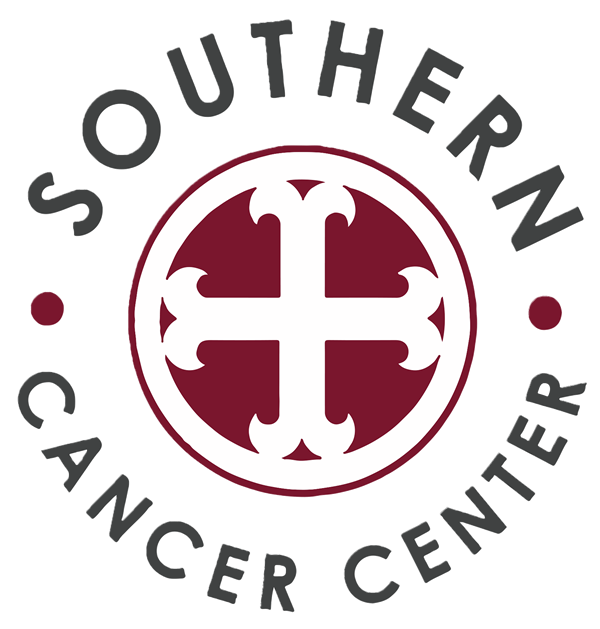
We share a lot with our families, which often includes our genetic predispositions. Heredity, exercise habits, food choices, and living environments are all factors family members may have in common that can contribute to a person’s overall health.
Creating a record of your family’s diseases and medical conditions is an important step in taking control of your well-being. When you gather your family health history, you are taking the first step in determining if you have a higher risk for certain diseases, like cancer. Empowering yourself with this information is an important part of creating regimens that will keep you as healthy as possible.
How do I speak to my family about our health history?
The easiest way to gather information about your family’s medical history is to open a conversation with your family. Start with your immediate family members, like your parents, siblings, and children, and include grandparents, uncles, aunts, nieces, and nephews if possible.
Discussing health and medical details may feel awkward, or even emotional. Here are a few tips for getting started:
- Explain why gathering health information is important. Let your family know this is an opportunity to share information about possible risks for future generations, so they can take proactive steps to stay healthy.
- Talk to your family one-on-one. You don’t need to gather all your information over Thanksgiving dinner. Once you’ve introduced the idea, be open to individual conversations with your family on their own time. Some people may be more open to talking about their health and tracking down information—invite them to help fill in the blanks.
- Use online resources to guide you. The CDC has created a toolkit called My Family Health Portrait, designed to guide you through recording your health information. The Genetic Alliance has also created a family health history tool that helps create personalized booklets for starting conversations about health with your family. Conversation simulators, like this one from Kognito, can help you plan your approach to discussing cancer risk.
- Remember, it’s okay to leave blank spots. Your family members may not have all the information you’re looking for, or you may receive conflicting information. Record what you can as accurately as possible. Remember that whatever you’ve collected is helpful!
What Information Do I Need?
Once you’ve started the conversation with your family about your health history, it’s important to ask the right questions that provide the most helpful information. Questions can include:
- Has anyone in the family been diagnosed with chronic diseases, like heart disease or diabetes, or other health conditions, like high blood pressure or high cholesterol?
- Have any family members had a serious disease like cancer or stroke?
- How old were your family members when they were diagnosed with serious health conditions?
- What is your family’s ancestry?
- For family members who have passed away, what were their ages and causes of death?
The National Society of Genetic Counselors has also created a guide for gathering important health information. As you gather information, write it down, and update it as necessary.
Use the Information You Gather to Take Charge of Your Health
Talk to your doctor about your family health history. This can help you determine any lifestyle changes, tests, or screenings that may be beneficial to you.
If your family has a history of breast, ovarian, uterine, or ovarian cancers, your physician may recommend screening or genetic counseling. At Southern Cancer Center, we offer a comprehensive genetic risk evaluation and testing program for patients with a significant family and/or personal history of cancer. Visit our website to learn more: www.southerncancercenter.com/genetic-testing-and-counseling


